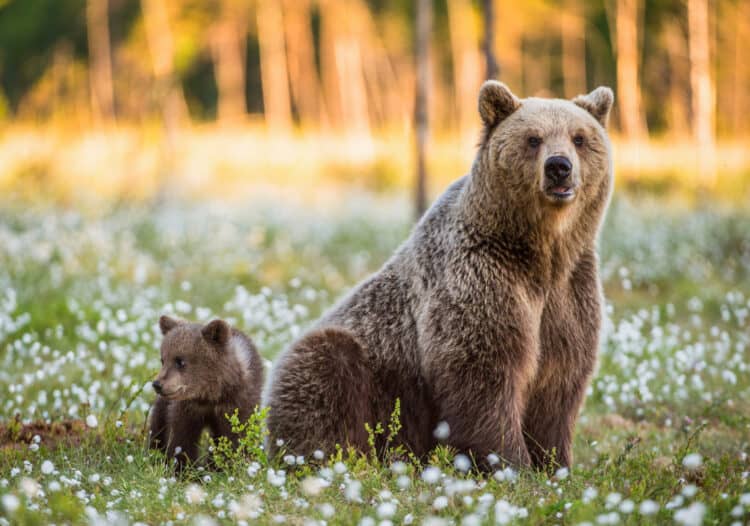PORTLAND,Ore.— After a contentious 12-hour meeting, the Oregon Fish and Wildlife Commission rejected conservation proposals to adopt a uniform 24-hour trap check time for all wildlife and to ban beaver trapping on federally managed public lands.
The commission also voted 6-1 last Friday to continue the state’s existing furbearer trapping and hunting regulations for the next two years. Oregon’s trapping policies currently allow animals to languish in traps anywhere from 48 hours to 30 days, depending on how they are categorized by statute or rule.
“It’s troubling that the commission upheld Oregon’s cruel, outdated and wasteful trapping program for the benefit of just 1,000 licensed trappers in the entire state,” said Quinn Read, Oregon policy director at the Center for Biological Diversity. “This decision is completely out of step with Oregonians’ changing wildlife values. It’s time to relegate trapping to the dustbin of Oregon’s history.”
While the commission declined to adopt the conservation proposals, they voted unanimously to direct agency staff to review trap-check time requirements and identify proposals for rule changes by January 2021. The commission also supported the concept of forming a beaver working group and indicated its intent to define the roles and responsibilities of such a group at its July meeting.
The Center and its conservation allies advocated for two proposals to reform Oregon’s trapping program. The first proposal asked the commission to close federally managed public lands to commercial and recreational beaver trapping and hunting. Beavers and their dam-building activities are crucial to restoring riparian ecosystems and reducing the harms of climate change, yet beavers are still widely trapped and hunted across the state.
The second proposal asked the commission to adopt a more humane and consistent approach to trap check times by adopting a 24-hour trap-check time for all categories of native wildlife. This state’s current approach, which can leave traps unchecked for days or even weeks, imposes arbitrary suffering on different animals and is out of step with the majority of states that have adopted a daily or 24-hour trap-check requirement.
Oregon’s furbearer regulations govern the trapping of furbearers for their hides and pelts and accompanying reporting requirements. Under Oregon law furbearers include such animals as bobcats, muskrats, river otters, beavers and raccoons.
This article was first published by The Center for Biological Diversity on 16 June 2020. Lead Image: Wolves rarely kill cattle, and they remove the sick and weak deer and elk, unlike human hunters who often seek out the biggest and best specimens. Photo by Thomas D. Mangelsen/For HSWLT
What you can do
Support ‘Fighting for Wildlife’ by donating as little as $1 – It only takes a minute. Thank you.







Leave a Reply